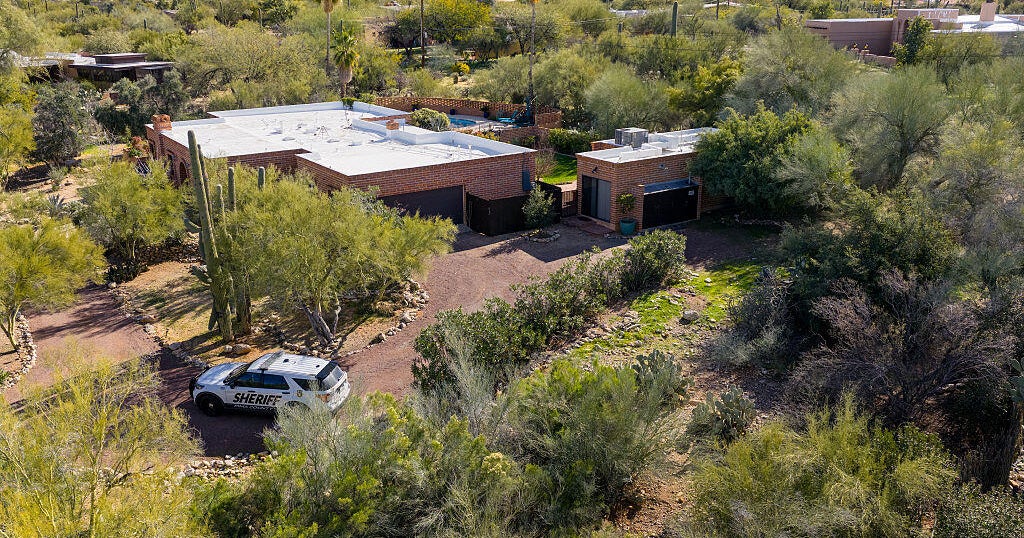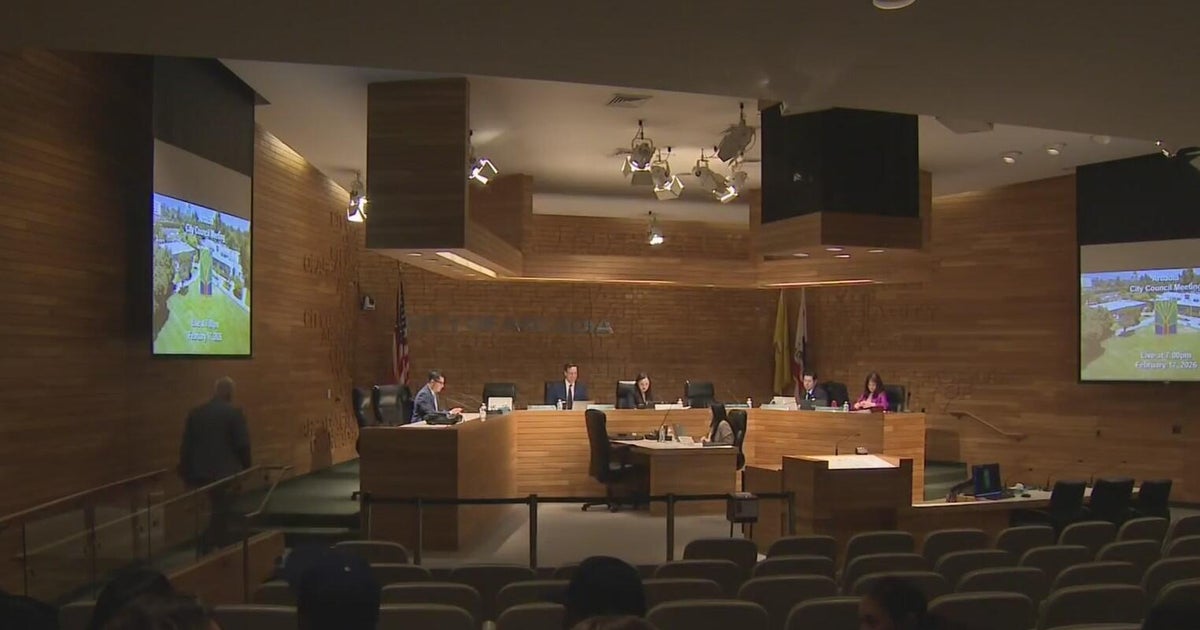Albert Einstein's travel diaries from 1920s reveal racist views, "unpleasant" comments
Albert Einstein's travel diaries from the early 1920s include racist and xenophobic remarks, according to multiple reports. The writings record his experiences in the Middle East and Asia between October 1922 and March the following year.
He makes sweeping statements in his writings, such as calling the Chinese "industrious, filthy, obtuse people," BBC News reports.
"It would be a pity if these Chinese supplant all other races. For the likes of us the mere thought is unspeakably dreary," he wrote, according to The Guardian.
He also describes his arrival in the Egyptian city of Port Said, and facing "Levantines of every shade ... as if spewed from hell" who came on their ship to sell goods.
His writings have been published in a book by the Princeton University Press titled, "The Travel Diaries of Albert Einstein: The Far East, Palestine, and Spain, 1922 - 1923." A description of the collection says Einstein and his then-wife Elsa went on a nearly six-month journey to destinations including Singapore, Hong Kong, Japan, Palestine and Spain.
He reportedly called China "a peculiar herd-like nation" and "more like automatons than people." He also wrote about people in Colombo in Ceylon, saying, "They live in great filth and considerable stench down on the ground, do little, and need little."
Later in his life, Einstein advocated for civil rights in the U.S. and called racism "a disease of white people."
"I think a lot of comments strike us as pretty unpleasant -- what he says about the Chinese in particular," Ze'ev Rosenkranz, who edited the book, said, according to The Guardian.
"They're kind of in contrast to the public image of the great humanitarian icon," said Rosenkranz, senior editor and assistant director of the Einstein Papers Project at the California Institute of Technology. "I think it's quite a shock to read those and contrast them with his more public statements. They're more off guard, he didn't intend them for publication."



